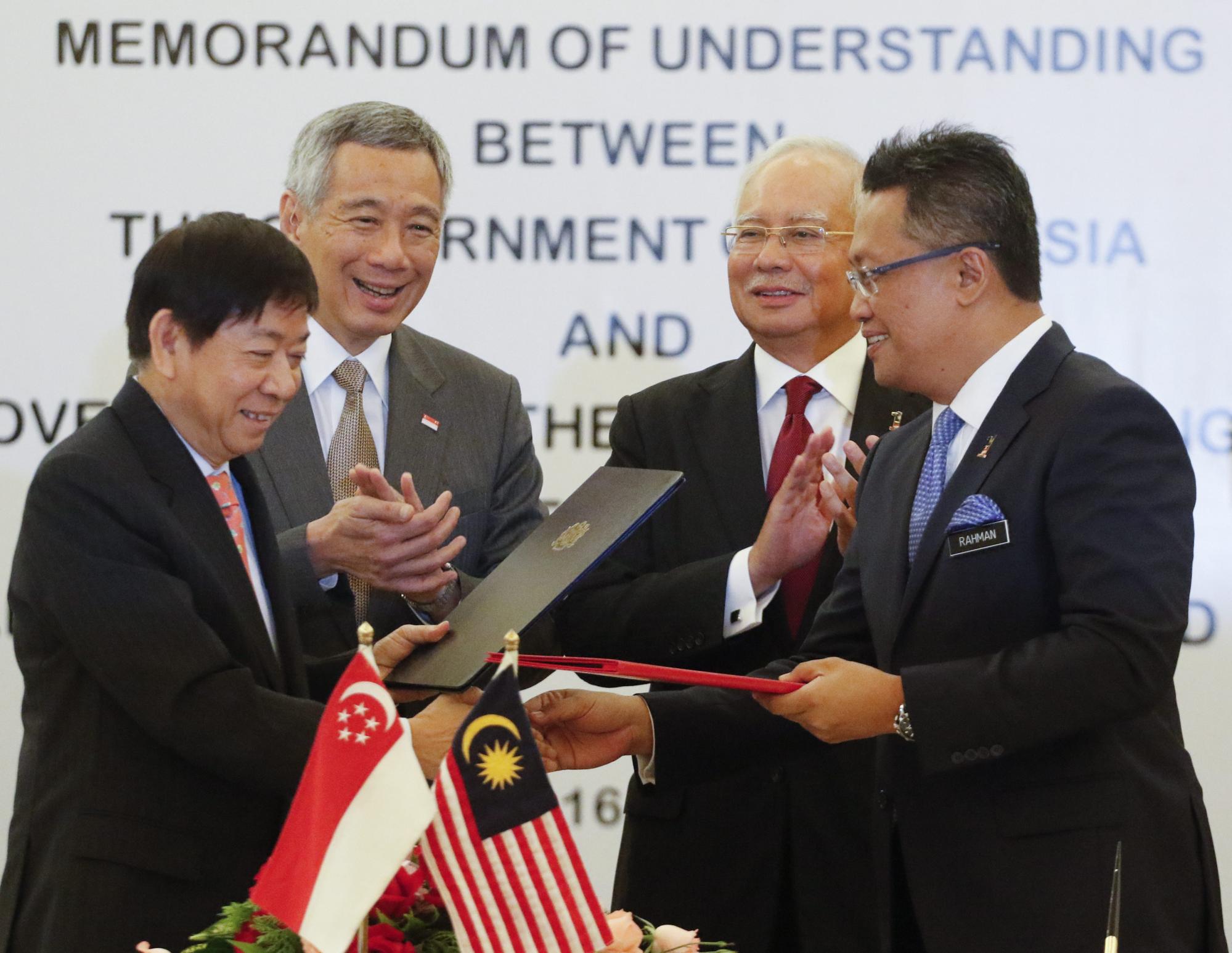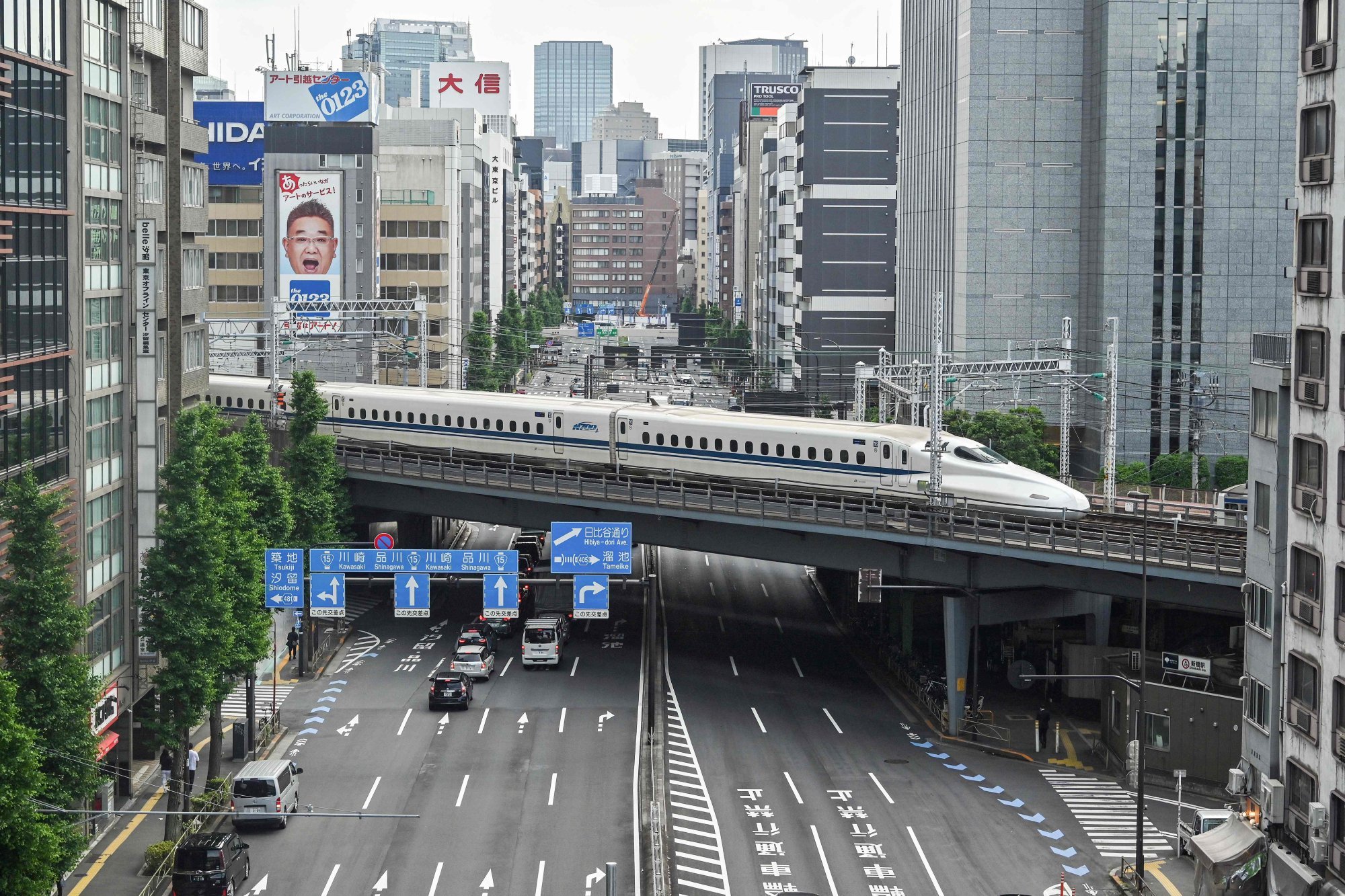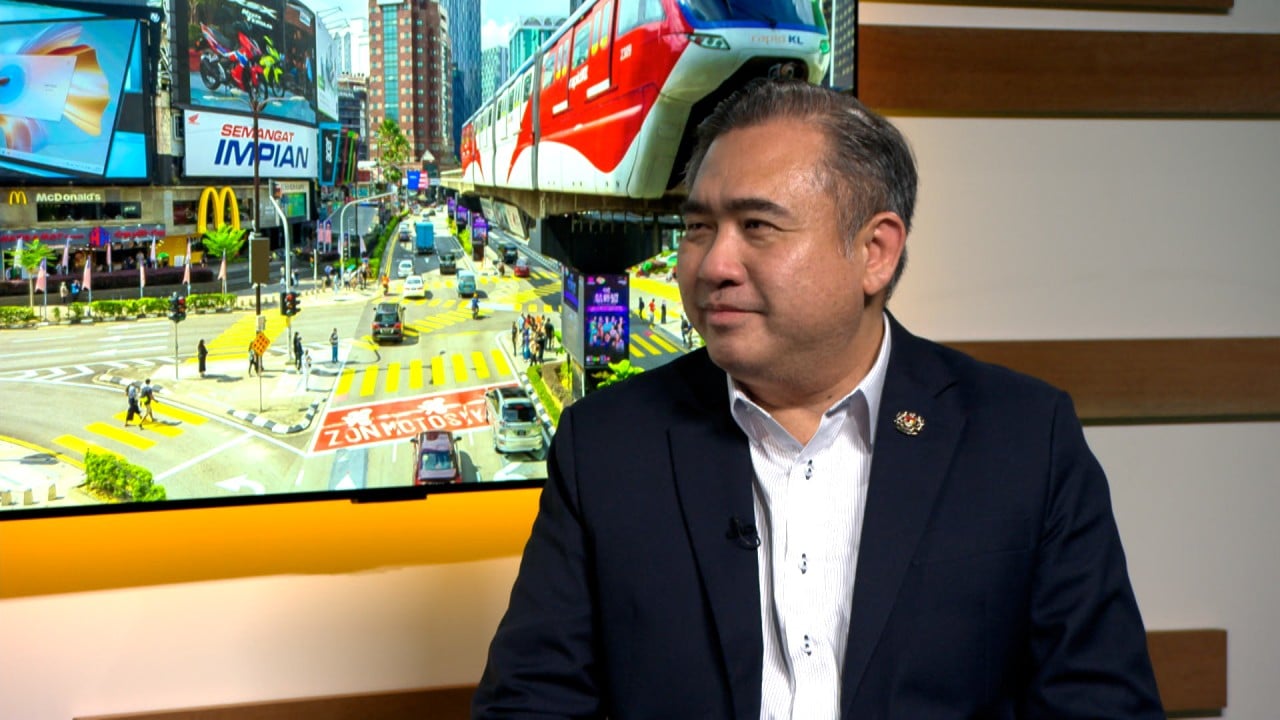„Over the years, one of the problems we have faced for the Malaysian government is the high-debt ratio … we intend to reduce this debt,” he told This Week in Asia during a sit-down interview.
„So with mega infrastructure projects like this, we hope the private sector will take it up, but of course, with a sustainable model,” Loke said. „We don’t want to end up with a huge financial obligation to the government.”

The HSR project is not expected to come cheap. Some estimates put the cost at up to 100 billion ringgit (US$21.3 billion), although the government has not confirmed a specific budget.
„As of now, our policy is still that we want the private sector to lead the project,” Loke said.
The link aims to reduce travel time between Malaysia’s capital Kuala Lumpur and Singapore from four hours by road to just 90 minutes by train. It was originally scheduled to open in 2026.
However, the project was canceled in January 2021 due to its multibillion-dollar price tag, despite its potential to become a key link in a Beijing-backed network of high-speed rail lines linking southern China to Singapore.
But Malaysia appears committed to reviving the project, which the country’s newly installed king in January said was a priority for his five-year term.
Malaysia is looking to improve its transport network and connect with some of its regional counterparts, including Indonesia and Thailand, in terms of rail connectivity.

In January, news agency Kyodo reported that many Japanese companies had avoided participating in the HSR project due to potential financial risks due to a lack of government funding.
Citing sources from the Japanese and Malaysian governments, the Kyodo report said companies including the East Japan Railway Company wanted to adopt Japan’s Shinkansen bullet train models in Malaysia.
But as Malaysia has not yet opened the tender process, Loke said it is „false” to say these companies have pulled out of the project.
Some companies may have dropped out during the information process, which began last July, because they felt they were „not in a position to offer a proposal,” he said.
„Of course we accept it,” he added. „But there is enough interest from other federations from other countries and local companies in Malaysia to participate in the project.”
Reports suggest that three consortiums, including two local joint ventures and a Chinese consortium, have been selected for the HSR project, which will be led by the state-owned China Railway Construction Corporation.
While Loke did not confirm which companies have been shortlisted, he said the government is evaluating several robust schemes.
Once these are confirmed, Malaysia will begin formal discussions with Singapore and decide whether the city government wants to be involved in the project.
In August, Singapore said it was open to discussing Malaysia’s new plans and approaching the project with a „clean slate”. In 2021, when Malaysia canceled the plan, Singapore paid Singapore S$100 million (US$74 million) in compensation.
„We need to have further discussions at the government level … before we come to a decision on how we come up with a proposal,” Loke said. „Once that is done, we will have to start talking to the Singapore side because this project involves two countries.”

. „Gracz. Namiętny pionier w mediach społecznościowych. Wielokrotnie nagradzany miłośnik muzyki. Rozrabiacz”.

